“I’m running, pure and simple,” Bart said. “I was never good enough. When Tad died, I knew it was my fault somehow. I fell back into all the old stuff so easily.”
Bart’s son Tad was a lively, active kid. He was into everything as soon as his little legs and arms could take him there. He grew like a weed into a strong, locomotive of a toddler.
One day, Tad blitzed out into the street after a ball before Bart or his wife Kathy could get to him. Tad never saw the car coming. He died instantly. He was four.
“I was so angry. I screamed at myself. I called myself every hateful name I could think of. The mental picture of my Tad lying in the street was too much. I hit the bottle again, and I hit it hard,” Bart said.
Loss can trigger old behavior patterns
Loss is painful. The death of a close loved one is excruciating. If we try to flee from the pain, we must run to something or someone.
1. Watch out for self-medicating behaviors.
We might self-medicate. If we have a history of this, we’re even more susceptible.
Alcohol. Drugs (illicit or prescription). Sex. Gambling. Food (eating disorders). Shopping. Activity. Work. Entertainment. These things promise relief, or at least temporary escape. Some things – work, entertainment, hobbies – can be good distractions for a time. Repeatedly running from our grief, however, only stores it up to explode upon us later.
2. Watch out for addictions.
Almost anything can become an addiction to attempt to numb the pain. We believe we’re responsible somehow, so we punish ourselves.
3. Watch out for negative self-talk and self-punishing behaviors.
Loss can trigger a cascade of self-hatred from a background of addiction, abuse, deprivation, or other heavy losses. Like a dam breaking over a quiet country village, the devastation wrought can be quick and heavy.
Loss rattles the most stable of hearts. None of us is immune to seeking refuge in substances or activities that promise but can’t possibly deliver. This death is a monstrous, traumatic, heart-shattering event. Slipping back into a familiar addiction or finding a new one can be a strong temptation.
When we go this direction, however, we inflict even more suffering – on ourselves, those we love, our other relationships, and our careers.
4. Watch out for isolation.
Isolation might be the number one enemy of the grieving heart. We’re created for connection and meant to do life together. None of us can or should make this journey through grief alone. We need each other, desperately.
5. Watch out for bitterness.
Sometimes we see other as being responsible for our loss – people, medical professionals, perpetrators, or even God. Unprocessed anger and lack of forgiveness can cause our hearts to grow cold. A seed of bitterness gets planted and takes root. Once it begins to grow, it can take over our lives.
Our hearts hunger for comfort, peace, perspective, and hope. If we focus on grieving in healthy ways, we can provide some of this for each other.
“I’m tempted to run, but that would mean running from you. No thanks.”
Some suggestions to consider:
Any of us are susceptible to slipping into a new or old addiction at any time. If this is happening with you, please consider these important action steps:
- Find an addiction support group (AA, NA, SA, OA, GA, Celebrate Recovery, etc.) and begin attending. Don’t try to do this on your own. You won’t be able to.
- Find a grief support group (hospices, grief centers, churches, etc.). Being with others who are grieving can be affirming and encouraging.
- Reach out for professional help (grief counselor, therapist, minister, medical doctor, etc.). All of us can benefit from involving specialists in our grief process.
Grief is a process, and so is recovery. You may feel alone, but you never are. Help is out there.
Adapted from the 2017 Best Book Awards Finalist and Amazon Bestseller, Shattered: Surviving the Loss of a Child. To download a free excerpt, click here.
Question: Are there ways in which you have attempted to run from grief? What has helped you process your grief in healthy ways?

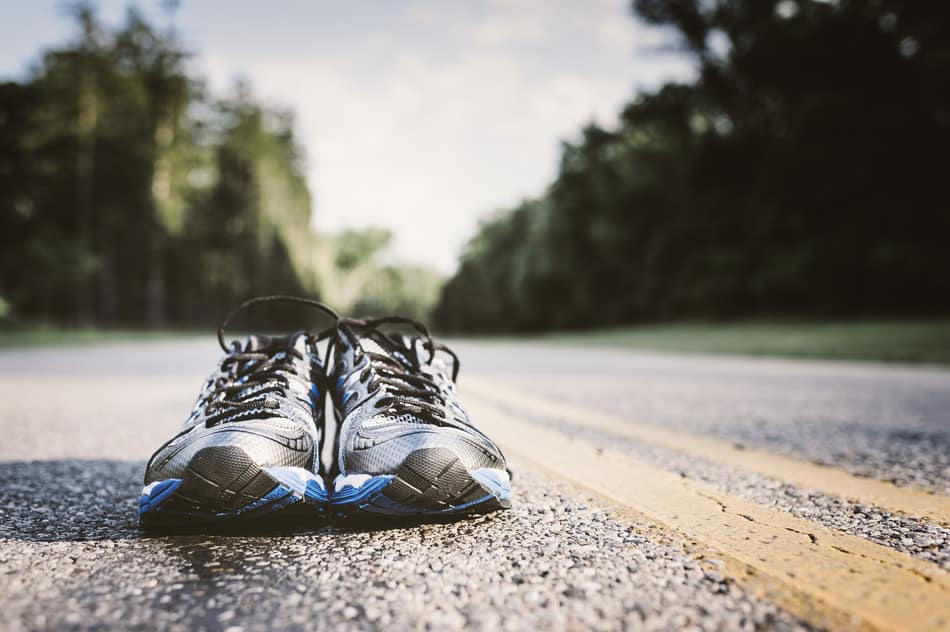

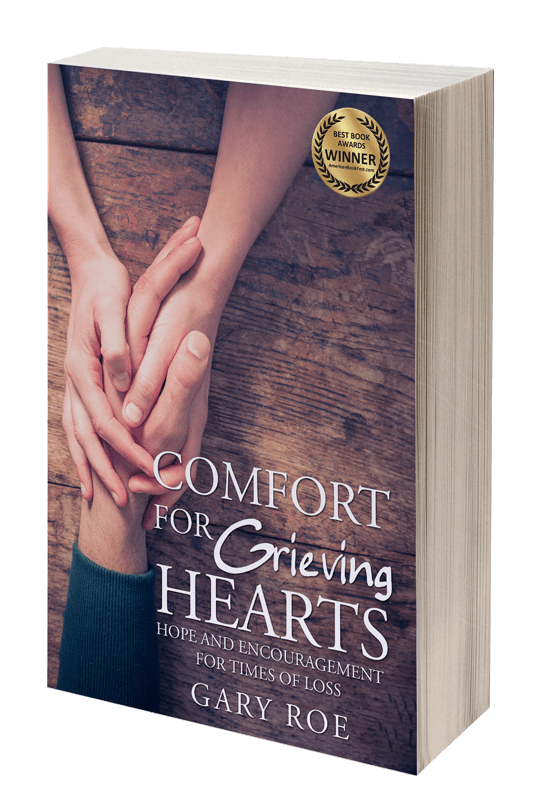
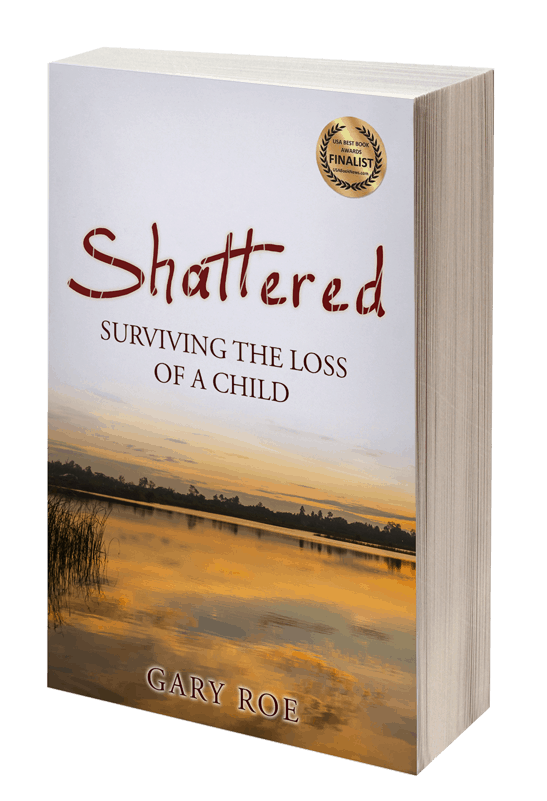
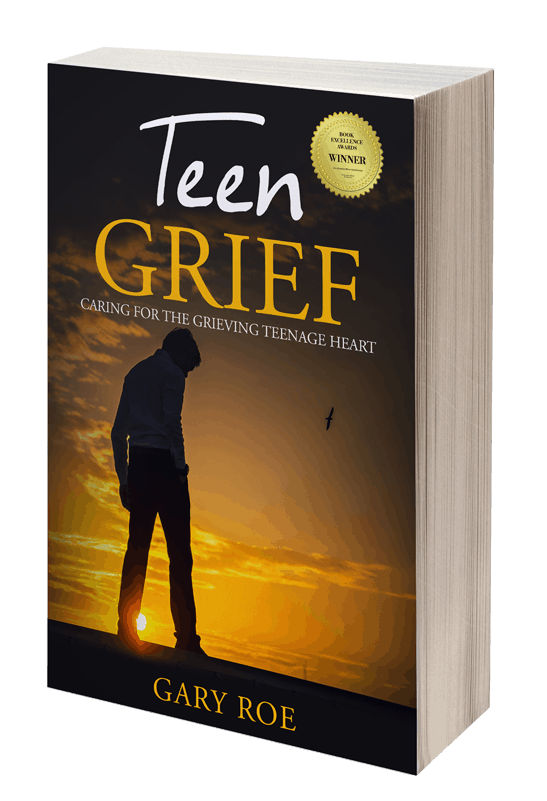
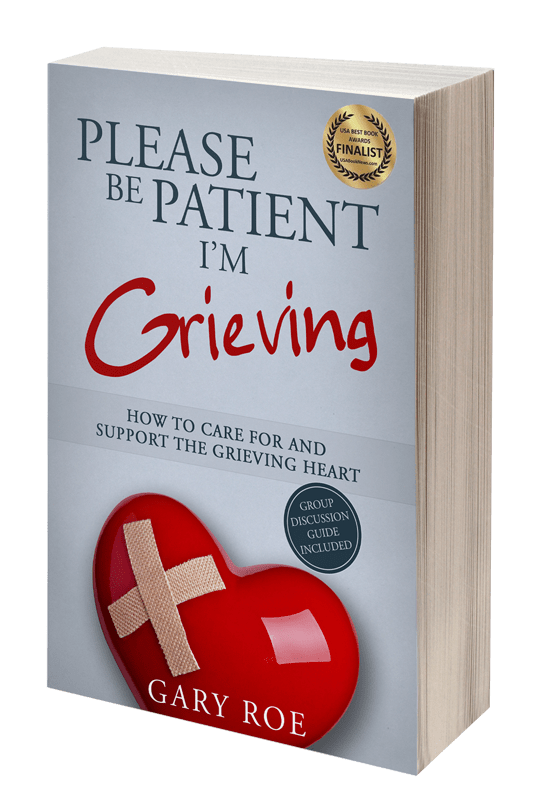
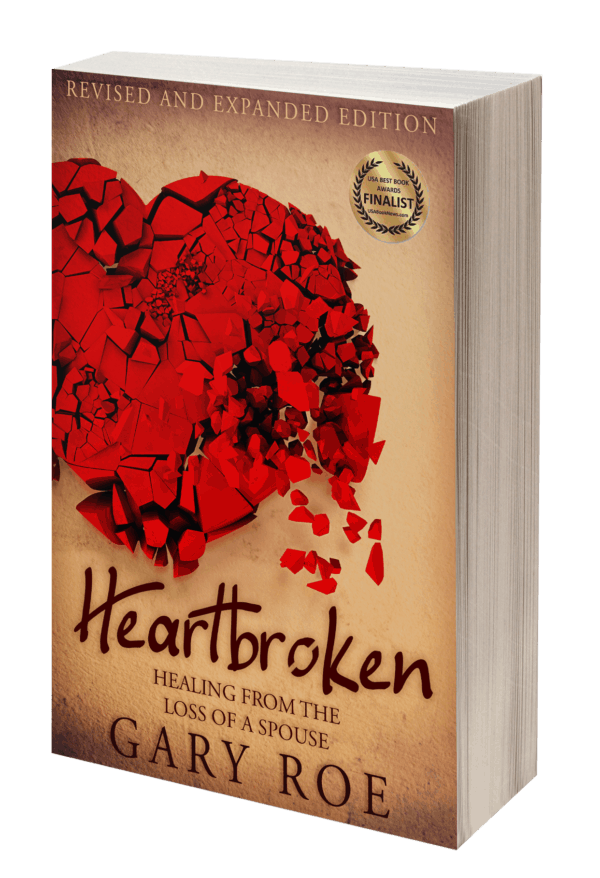
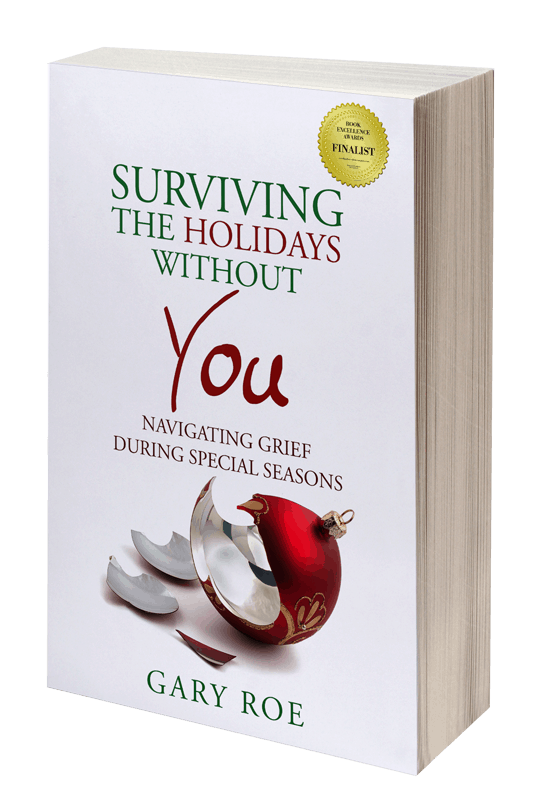
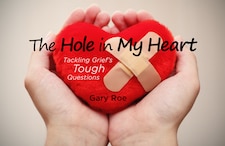
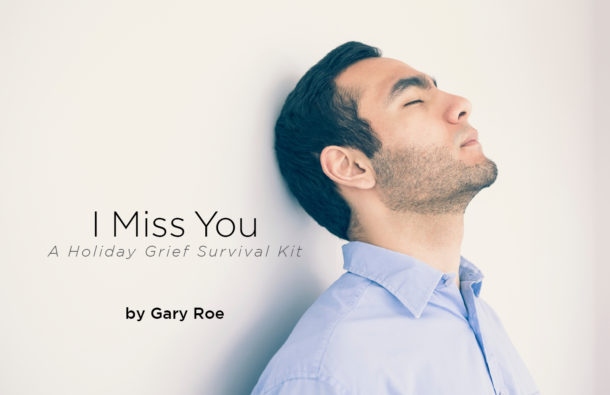
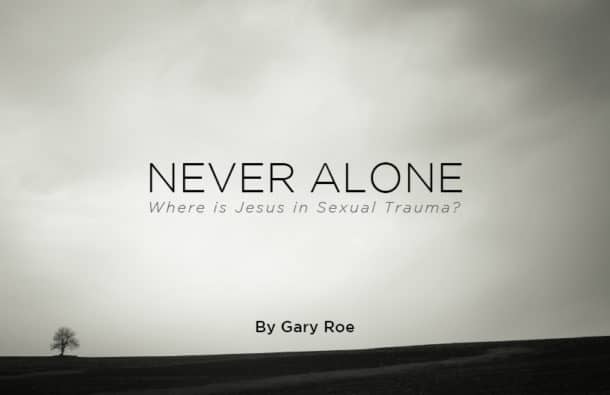

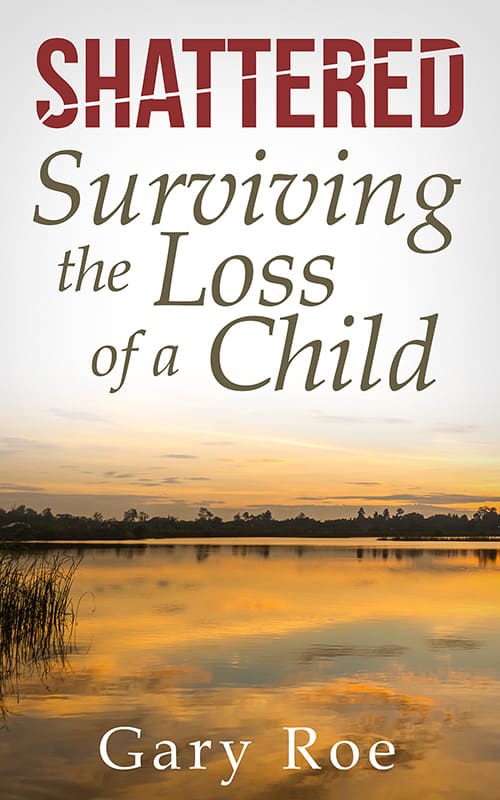
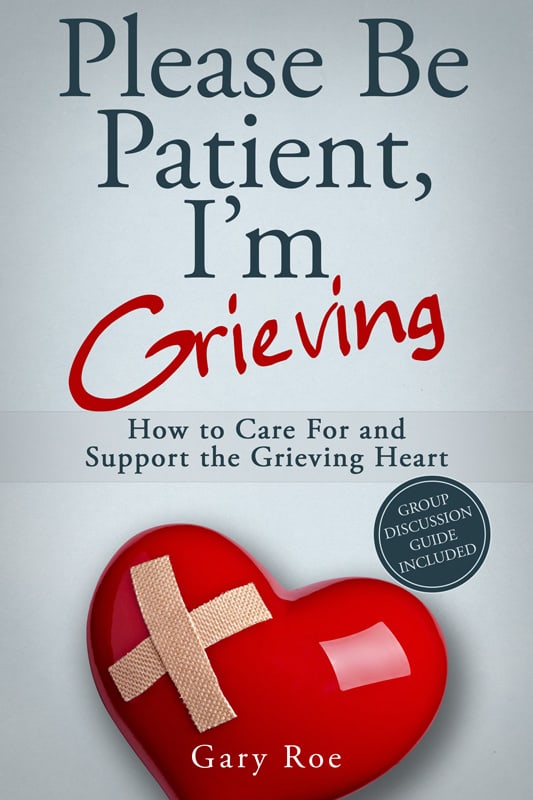
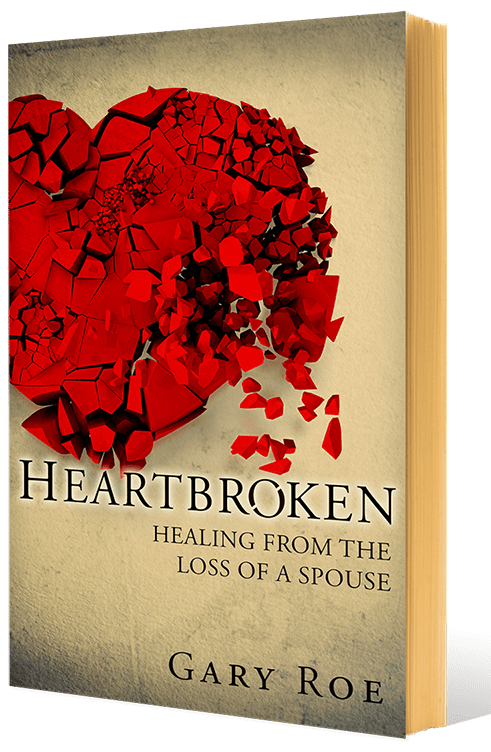
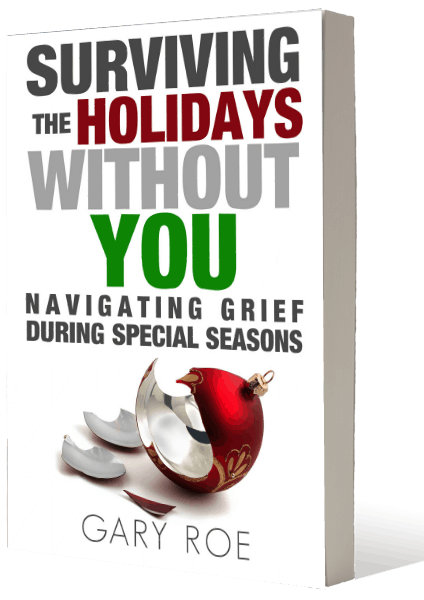
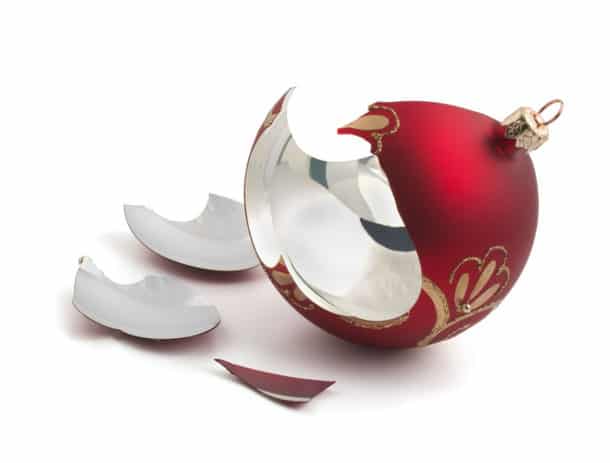
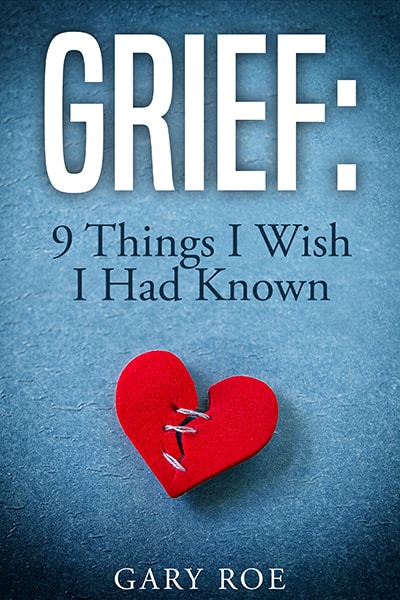
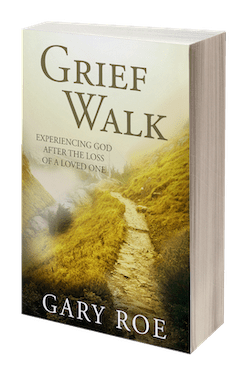
Gary, may I be so bold as to suggest a presentation change.
Many, (of course not all), of your readers are elderly and/or visually impaired. The email articles and stories come across as tiny and “light ink” to the eyes.
Thank You for all you do.
Hi Raymond. Thanks for sharing this. Good point. With regard to size, each user can control that – whether you’re on a phone, laptop, or desktop. On a computer, there should be a something at the top right that allows you to increase the size of the email or whatever you might be reading. I check on the “light ink.” Yes…that’s a function of the site itself and the only way around that would be to put everything in bold. I’ll do some more checking on this in the future. Thanks again for letting me know!